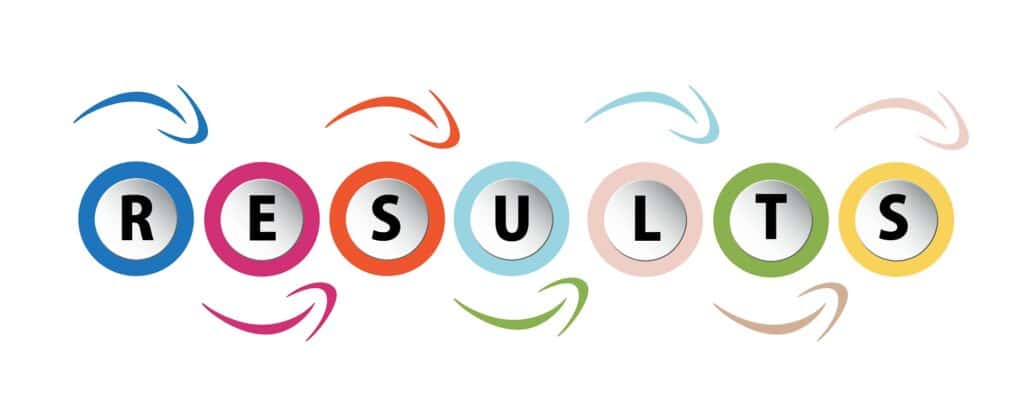The arc of the moral universe is long, but it bends towards justice. Martin Luther King.
I was surprised to read that Germany, India, Australia, Nepal, Bangladesh, New Zealand, Pakistan and Malta are offering a third gender option on official forms (apparently other countries are set to follow suit). I was thinking about what such change might mean for us as a school, and I was also surprised at my surprise, and have been pondering the stranglehold that binary gender categories have on our society and on our thinking.

|
| Rethinking genders – an idea who time has come? |
Dividing the world up into distinct categories of male and female seems so obvious to many; the division is ingrained into our social structures in so many ways – from our language, to our registration documents, to the ways we dress, to the ways we behave, even where we can go and what we can say. It seems almost foolish to think about it. But the same could have been said of slavery or religious or racial discrimination in the past – so the fact that it’s difficult to think about, and raises all sorts of uncomfortable issues, does not mean that we should shy away from it. Arguably, it makes it all the more important.
Women’s movements and gay rights movements across the world have long been at the vanguard of broadening society’s thinking in many crucial ways. But while there is no doubt that recent years have seen some remarkable successes in some parts of the world (click the arrow to the left of this timeline on the map on this page to see radical change in the USA over 14 years, for example) these movements have yet to challenge established gender categories. The now established LBGTQ movement does precisely that, and seem to be coming of age this decade. This fascinating BBC article gives the medical, social and ethical reasons that it may be time to think of gender less as two distinct poles, and more as a continuum between two points – thus opening up more possibility for intermediate positions and for individuals to move over time.
This seemingly radical proposition flies in the face of so many of our traditions, but it may well in time come to be seen as natural as the abolition of slavery (against which many argued at the time). In truth, the data tells us that gender similarities significantly outweigh gender differences (1) and so in many cases gender is as poor a category as skin colour. We should only use it when appropriate – which is probably quite rarely – because the costs of over-use are significant (2). If, therefore, we can avoid the rigid binary thinking of Men are from Mars, Women are from Venus we will all benefit.
I would not want, however, to propose supporting the LGBTQ movement purely on pragmatic grounds. The proportion of people currently alienated as they do not fit into the standard mould may be low (or it may not be – we do not know) but if you are one of them, it’s 100% for you. We need to support the LGBTQ movement not just because it makes intellectual sense – but also because it’s the decent thing to do. Rethinking gender identity is a possibility whose time has come; it’s part of a wider movement towards social justice and as Martin Luther King wrote some 50 years ago, the arc of the movement is a good one. And if you want to feel the good we can do if move our thinking, this TED talk is a good start.
I have tried to address the big picture here. But you’ll be right to ask ‘So what? What does this mean for us as a school?’ Honestly, I am not yet sure. We do not intend to drop birth-sex as an important category; and we need to respect our role as guests in a conservative country. But our Mission is clear, and peace means more than the absence of war; it means justice and fair treatment for all. So we are opening the conversation and will be thinking hard about the best way to take this important issue forward.
References
Hyde, J. S. (2005) The Gender Similarities Hypothesis American Psychologist 60; 581 – 592
Barnett, R. C., & Rivers, C. (2004). Same difference: How gender myths are hurting our relationships, our children, and our jobs. New York: Basic Books


